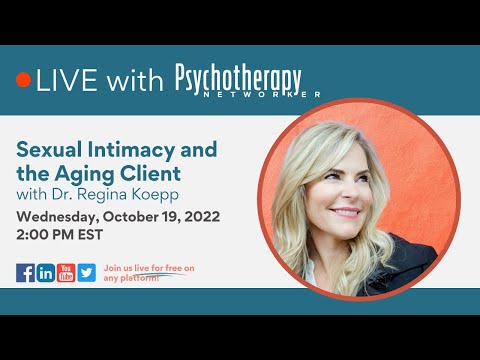It’s a little unnerving when we hear that our ability to absorb information steadily declines as we grow older. But what if our capacity to learn wasn’t limited by age? What if it all boiled down to our attitude?
According to Michael Gelb, a world-renowned speaker on innovative approaches to enhanced learning and author of How to Think like Leonardo da Vinci: Seven Steps to Genius Every Day, the key to being a lifelong learner is harnessing the power of neuroplasticity—the ability to make our minds adaptable—by seeking change and exercising the brain. The first step, Michael says, is understanding the relationship between attitude and outcome.
“Our attitude toward what happens to our mind as we grow older will dramatically affect our ability to either improve or squander our creativity as the years go by,” says Michael in this brief video clip. Deciding to take 15 minutes a day to challenge your brain—be it through a chess game, crossword puzzle, or playing an instrument—has been shown to help ward off dementia and increase life expectancy. “This isn’t mysticism or magic,” Michael says, going on to cite a Harvard study led by Becca Levy in which she found that people with a positive attitude toward aging outlived those with negative ones by almost eight years.
Rich Simon
Richard Simon, PhD, founded Psychotherapy Networker and served as the editor for more than 40 years. He received every major magazine industry honor, including the National Magazine Award. Rich passed away November 2020, and we honor his memory and contributions to the field every day.












